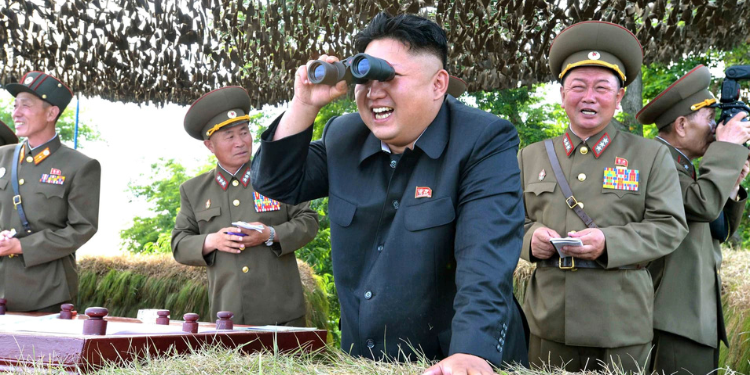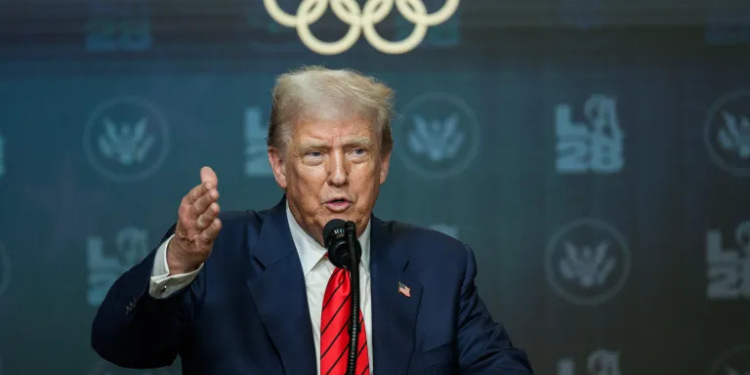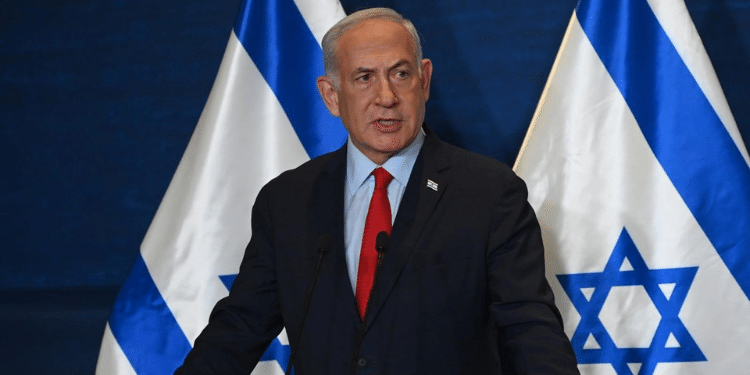North Korean leader Kim Jong Un has declared that North Korea has developed a new “secret weapon” while vowing to continue expanding its nuclear program.
Speaking during a high-level military event in Pyongyang, Kim said that recent scientific advancements would significantly boost the country’s defense systems and reinforce its position as a regional power.
North Korea’s New Weapons
Kim’s statement comes amid heightened tensions in East Asia, where North Korea has stepped up weapons testing and military exercises in recent months.
“We have acquired a new secret weapon and achieved a significant number of scientific research breakthroughs in defense science, which will make a major contribution to the further development of our military capabilities.”
While Kim did not provide details about the nature of the weapon, he highlighted North Korea’s progress in naval development, noting that the construction of new warships represents the first important step in becoming a maritime power.
Earlier this year, North Korea unveiled a 5,000-ton multipurpose destroyer, marking a significant step toward building a modern navy.
The country has also continued to test and improve its ballistic missile systems, ranging from short-range missiles to long-range intercontinental ballistic missiles (ICBMs).
No Plans for Denuclearization by Kim Jong Un
Kim Jong Un has reaffirmed that North Korea will not abandon its nuclear weapons program under any circumstances, declaring that the arsenal is extremely important to the security and survival of North Korea.
He added that nuclear weapons serve as a shield against external threats and are central to maintaining his nation’s stability and independence.
While indicating a willingness to engage in talks, Kim Jong Un has set firm conditions for negotiations with the United States.
He made it clear that North Korea would only come to the table if the U.S abandoned its long-standing demand for denuclearization, a foundation of U.S policy for decades.
This position directly challenges the U.S and its allies, who have consistently tied sanctions relief and diplomatic recognition to verifiable steps toward nuclear disarmament.
Kim’s firm rejection of these terms has once again set the stage for a prolonged diplomatic standoff.
U.S. Response to North Korea’s Stance
President Donald Trump has rejected Kim Jong Un’s conditions for talks, stressing that North Korea must take clear, verifiable steps toward dismantling its nuclear program before any negotiations or sanctions relief can move forward.
The Trump administration has made it clear that dropping the demand for denuclearization is not an option, as the issue remains central to U.S. national security and the defense of allies in the region.
In a statement released by the White House, Trump condemned North Korea’s ongoing weapons development, calling it a “direct threat to regional and global stability.”
He pledged to strengthen cooperation with South Korea and Japan, including expanded joint military exercises and intelligence-sharing, to deter potential aggression by North Korea.
Also Read: Trump Welcomes Ex-Jihadist Turned Syrian President to the US
While Trump has previously engaged in high-profile diplomacy with Kim, his administration now faces the challenge of balancing pressure with engagement.
U.S. officials have said they remain open to dialogue, but only if North Korea shows a genuine commitment to reducing tensions and curbing its weapons programs.
The United States is also exploring additional measures, such as tightening sanctions and rallying international support to isolate North Korea economically and diplomatically.
Regional Reactions
Japan has strongly condemned Kim’s declaration, viewing North Korea’s nuclear program as a grave threat to its national security and regional stability.
The Japanese government has called for North Korea to comply with United Nations Security Council resolutions and demanded transparency about its weapons developments.
Also Read: Israel Explains Why Food Intended for Gaza’s Children Was Blocked
Beijing has maintained its official position that achieving a nuclear-free Korean Peninsula remains a priority and has pursued diplomatic efforts focused on strengthening ties and promoting dialogue with North Korea.
On the other hand, China is not currently supporting dropping denuclearization demands and is wary of actions that might further destabilize the region.
Follow our WhatsApp Channel and X Account for real-time news updates.
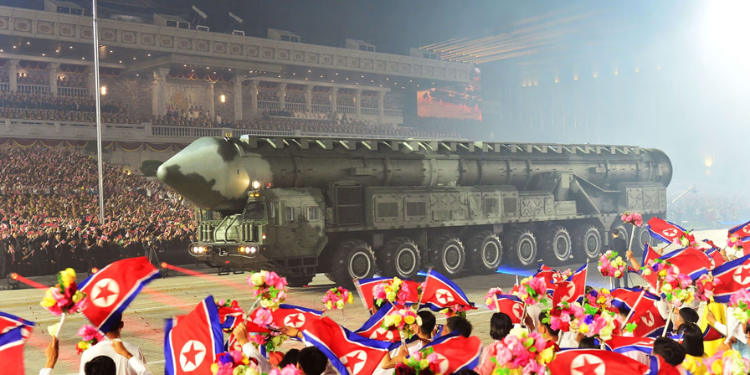




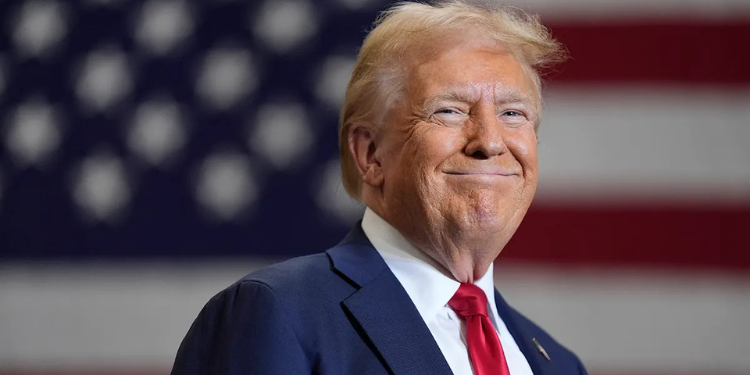
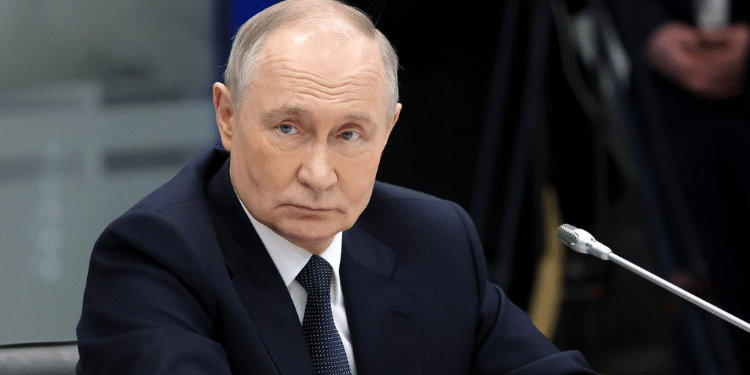

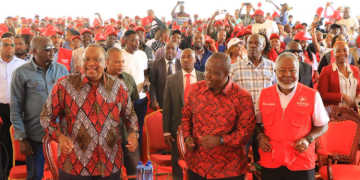








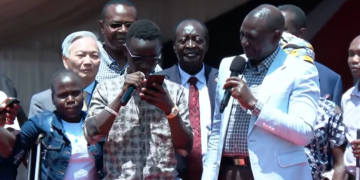
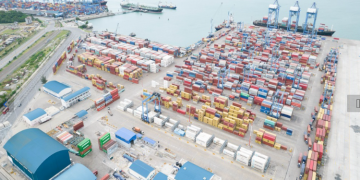
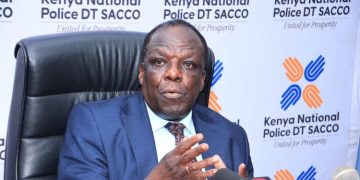
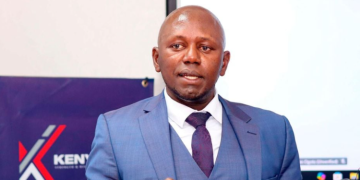

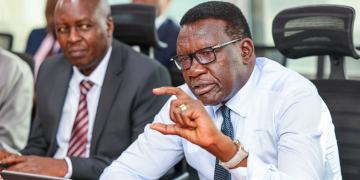
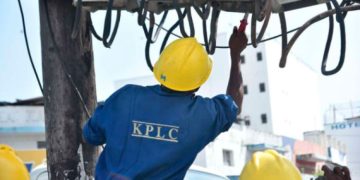




























![Senator Allan Chesang And Chanelle Kittony Wed In A Colourful Ceremony [Photos] Trans Nzoia Senator Allan Chesang With Channelle Kittony/Oscar Sudi]( https://thekenyatimescdn-ese7d3e7ghdnbfa9.z01.azurefd.net/prodimages/uploads/2025/11/Trans-Nzoia-Senator-Allan-Chesang-with-Channelle-KittonyOscar-Sudi-360x180.png)



















